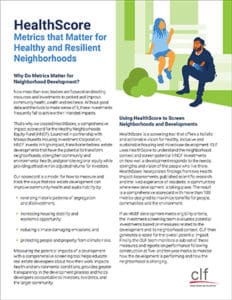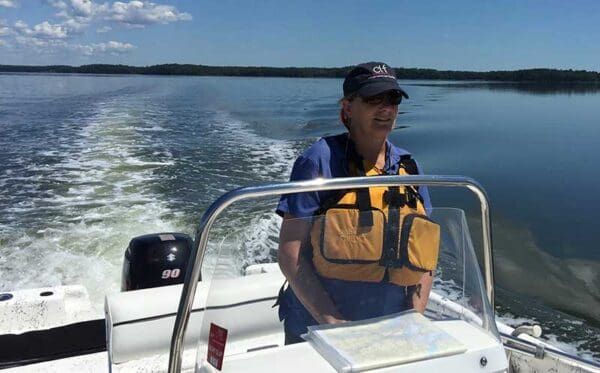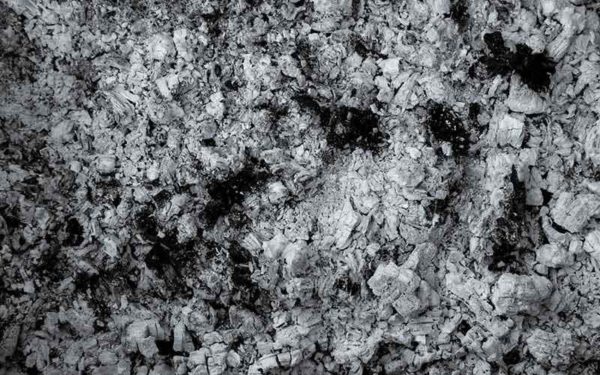Dec 29, 2021
HealthScore is a screening tool that offers a holistic and actionable vision for healthy, inclusive, and sustainable housing and mixed-use development. CLF uses HealthScore to understand neighborhood context and screen potential investments for its Healthy Neighborhoods Equity Fund. Our scorecard is a model for how to measure and track the ways that real estate development… Continue reading HealthScore Metrics
Dec 28, 2021
What draws you to Great Bay and the Piscataqua River? I’ve lived in New Hampshire’s Seacoast region for years, raised my kids here, and poked around our harbors, salt marshes, and rivers as a sailor and kayaker. Besides this area just being so beautiful, I love the regional history that is written around the water.… Continue reading 5 Questions for Melissa Paly, Great Bay–Piscataqua Waterkeeper
Dec 27, 2021
When combined with traditional local agriculture, urban agriculture provides a unique opportunity to build and strengthen a robust local food system. This is especially true here in New England, where interest in local food is booming, but easy and affordable access to it is still limited, especially for low-income urban residents.
Dec 23, 2021
Providing more access to land for farming in our cities will help accelerate urban agriculture and support low-income, people of color, immigrant, and New American farmers in search of land on which to grow.
Dec 20, 2021
“Harmful pollution from Schnitzer’s properties is contaminating precious waters used for drinking and recreation,” said Heather Govern, Vice President of Clean Air and Water at CLF. “This billion-dollar company needs to comply with federal law and properly manage its stormwater runoff. Our waters deserve better.”
Dec 10, 2021
“The PUC has dealt a devastating blow to New Hampshire families, businesses and our planet,” said CLF Attorney Nick Krakoff. “Energy efficiency programs help us reduce our energy use, which means lower bills and less damaging climate pollution from fossil fuels. The absurd and arbitrary decision to do away with these popular programs must be overturned.”
Dec 09, 2021
It’s the most wonderful (and wasteful) time of the year! As retailers bombard your inbox this holiday season, we challenge you to think outside the box – literally. To help you out, we’ve crafted a list of our top Zero Waste gifts to give this year.
Dec 07, 2021
As we reflect on what went wrong at last month’s global climate conference, we can find hope in everything we’ve accomplished in New England. Our fight isn’t over yet.
Dec 02, 2021
Burying incinerator ash harms our health and environment. Yet, as New England’s incinerators limp on well past their lifespans, several ash landfills across the region want to expand.
Nov 24, 2021
Learn how transitioning to ropeless fishing gear offers an alternative that could recover right whales and preserve the livelihood of New England’s iconic lobstermen and women.










